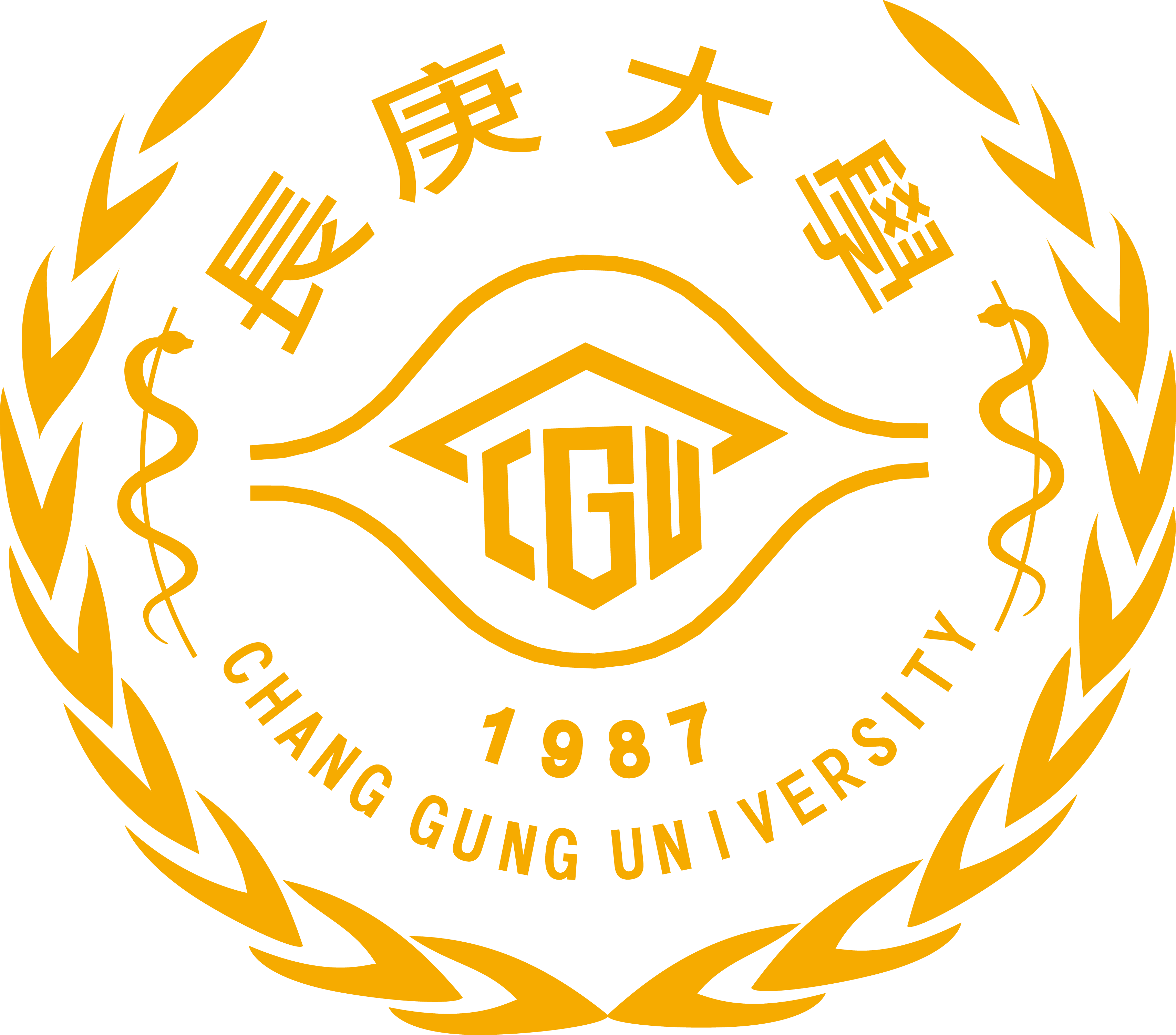Emerging Virus Laboratory
Research Field
Dr. Peng-Nien Huang is an Assistant Professor at the International Master’s Program in Molecular Medicine of Emerging Viruses at Chang Gung University. He obtained his Ph.D. from the Graduate Institute of Biomedical Sciences at Chang Gung University. His research expertise includes virus-host interactions, animal models of viral infection, high-containment laboratory operations, and industry-academia collaborations.
Dr. Huang’s laboratory focuses on studying viral replication mechanisms within hosts using animal models. They have successfully established infection models for viruses such as enteroviruses, influenza viruses, and SARS-CoV-2, which enable the observation and analysis of viral replication processes and virus-host interactions in near-natural biological settings. The lab also explores the relationship between gut microbiota and intestinal RNA virus infections using antibiotic treatments to alter gut microbiota and fecal microbiota transplantation. Through a Functional Multi-Omics Analysis Platform, the lab conducts comprehensive studies to uncover the mechanisms by which gut microbiota influence viral infections. Additionally, the laboratory operates a BSL-3 high-containment facility dedicated to handling infectious pathogens, adhering to strict biosafety protocols to prevent accidental pathogen release and ensure researcher safety. The facility also serves as a training center for high-containment laboratory personnel and engages in collaborations to develop and test antiviral drugs, vaccines, and diagnostic reagents.
Dr. Huang’s research focuses on virus-host interactions, mechanisms of viral replication, the role of gut microbiota in intestinal RNA virus infections, and antiviral drug and vaccine development. His lab also emphasizes understanding the effects of iron metabolism on viral infections and employs advanced molecular biology tools to study the interplay between viruses and their hosts.
Dr. Huang has contributed significantly to the field of virology, publishing extensively in high-impact journals. His research on enteroviruses, respiratory syncytial viruses, and SARS-CoV-2 has received recognition for its contribution to the development of antiviral strategies and vaccines. The project leader, has been engaged in enterovirus - related research for nearly 10 years. He has discovered several cellular proteins that can regulate enterovirus protein translation and gene replication. Moreover, he has developed multiple antibody drugs against enterovirus infections, and established an animal infection model for enterovirus, which can be used for pre - clinical verification of antiviral drugs and vaccines. Recently, he has also been involved in COVID - 19 virus - related research. He entered the BSL - 3 laboratory to culture the COVID - 19 virus, explore the related cell infection mechanisms, and developed a neutralizing antibody detection technology. The technology was successfully transferred to Formosa Biomedical, and he won the Outstanding Technology Transfer Contribution Award from the Ministry of Science and Technology in 2021.
Dr. Huang earned his Ph.D. from the Graduate Institute of Biomedical Sciences at Chang Gung University, where he specialized in molecular virology and virus-host interactions.
